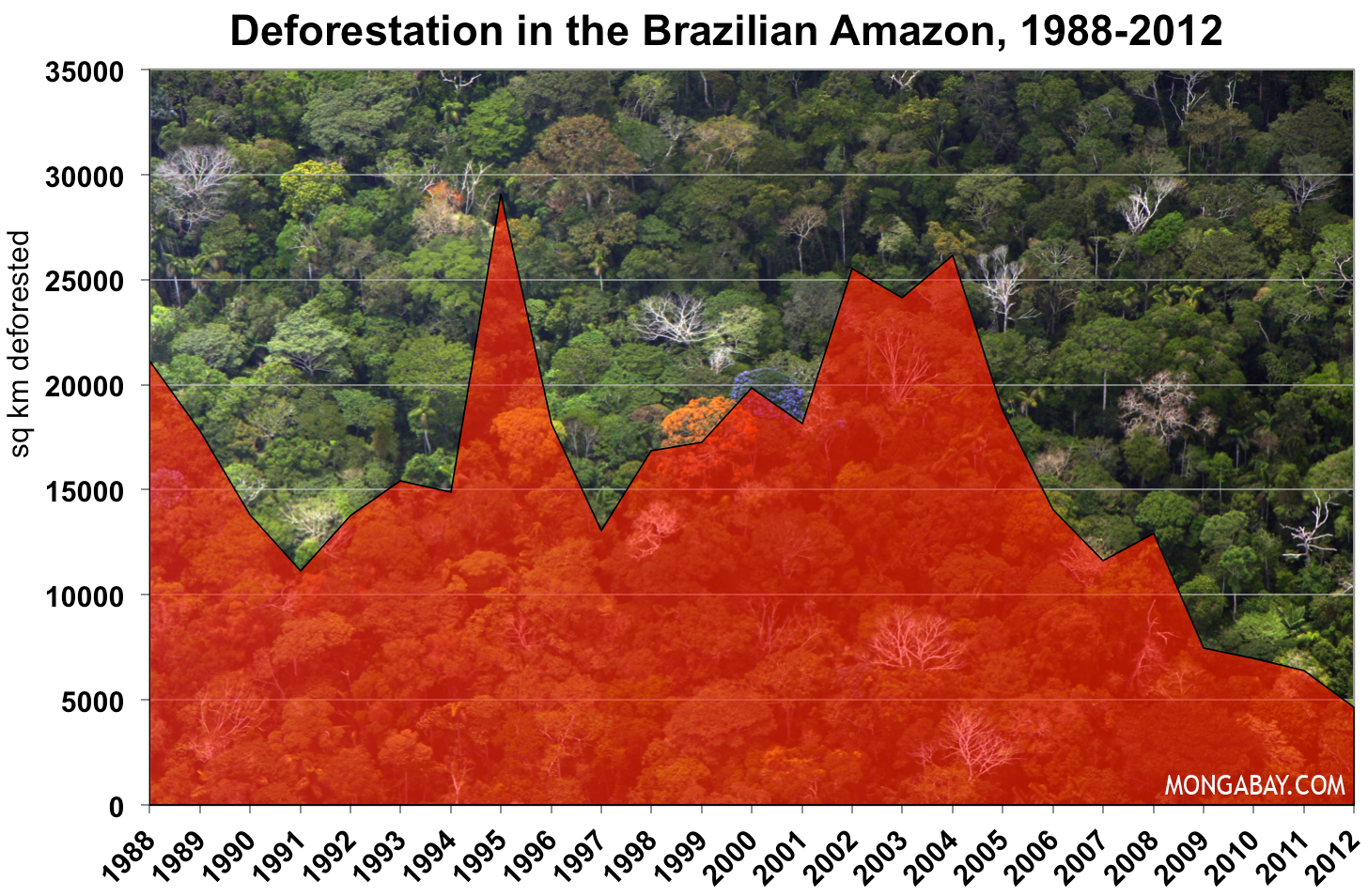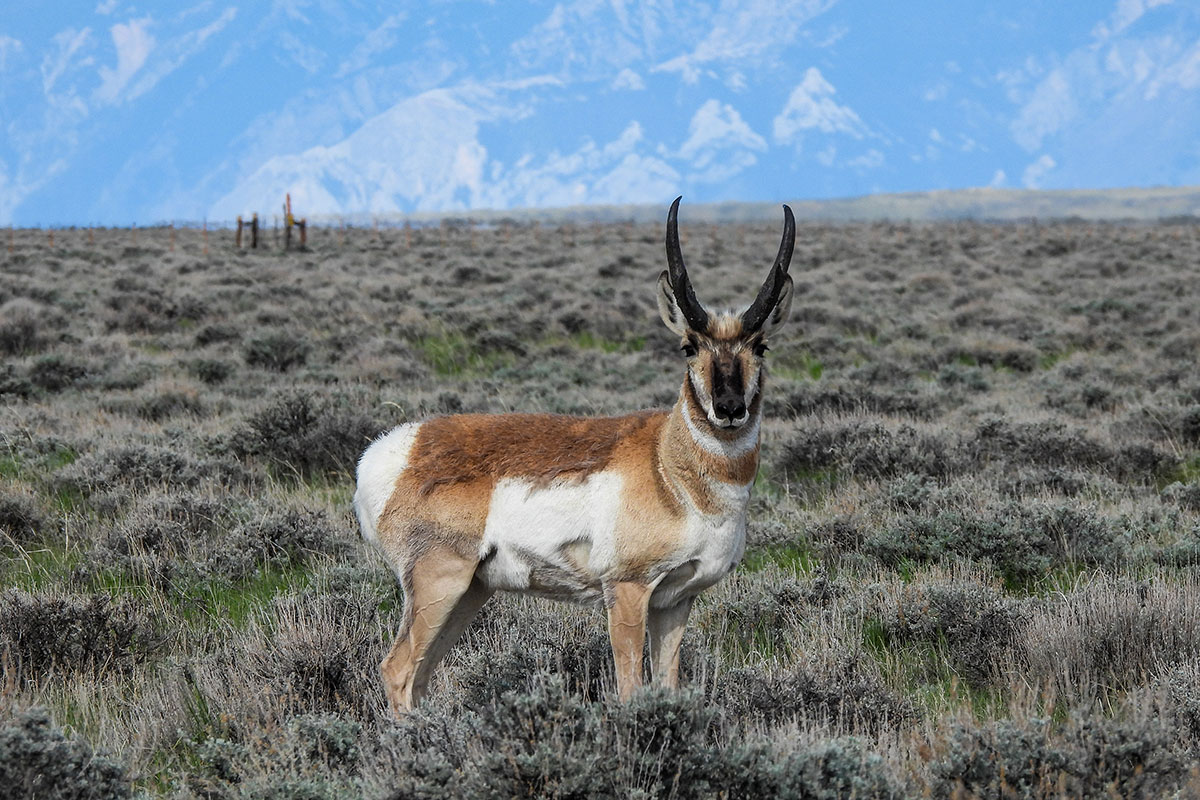Poorly defined and enforced property rights are the cause of much environmental damage throughout the world. Where such rights are weak, politicians may be able to use local resources for their own political gain. For much of the world’s tropical forests, property rights are weak and natural resources are often controlled by political forces.
Ryan Abman, a PERC Graduate Fellow and a PhD candidate in the Department of Economics at the University of California-Santa Barbara, is examining the effects of political influence over local natural resources this summer at PERC. Ryan focuses on the Brazilian Amazon and how local politics affect deforestation. In particular, he is exploring what he calls the political logging cycle—the close connection between political elections and deforestation rates in Brazil.
Below, Ryan tells us more about deforestation and its relationship to local political forces. For more PERC Q&As, visit the series archive.
Q: What causes of deforestation in the Brazilian Amazon are you focusing on?
A: Much of the previous research has focused on institutional and economic drivers of deforestation in the Amazon. This would include changes in prices for beef or soybeans, factors that alter the returns on land conversion and deforestation, as well as rules that reward individuals for clearing land in order to obtain ownership. I am interested in the political drivers of deforestation. We know that cattle ranchers, large-scale farmers, and sawmill owners are powerful economic groups in the Amazon and enjoy considerable political influence, particularly at the local level. As politicians seek reelection, these groups become very important in financing campaigns and their activity often generates revenue for the local governments by increasing local gross domestic product.
Q: How can these politicians influence deforestation?
A: In the Brazilian Amazon, local governments actually enjoy little formal influence over forest resources; protected areas are largely created and managed by federal and state governments. The mandatory restriction on forest cover on private land cannot be changed by the local governments, nor do they have the power to issue formal land title. That said, there are certainly informal ways in which local politicians may influence deforestation. They may decide to be more lenient towards illegal settlements, overlook illegal logging, support large farms in converting their land to pasture for cattle ranching, or even try to inhibit federal raids to enforce environmental laws.
Q: Is this a phenomenon we can link to other forested countries confronted with deforestation issues?
A: The problem here is that the benefits of increased forest use seem to be aligned with the local governments, while the benefits from forest conservation are not. Furthermore, weak enforcement of property rights along with the high costs associated with environmental monitoring and enforcement allow local governments to informally influence land use. These are characteristics associated with many tropical countries, so this phenomenon may be found elsewhere as well.

A: Deforestation rates are consistently lower before national elections than they are prior to local elections, controlling for local factors that are likely to influence deforestation as well as an overall time trend. The fact that deforestation rates rise significantly less in localities where politicians are term-limited indicates that the local politics matter.
These preliminary results support the idea of a political logging cycle. Consistent increases in deforestation rates just prior to an election have been shown to drive deforestation, after controlling for other economic factors. This increase is significant, not only statistically, but in magnitude as well. This on-going research will help to further develop how local politics influence the rates of deforestation.




